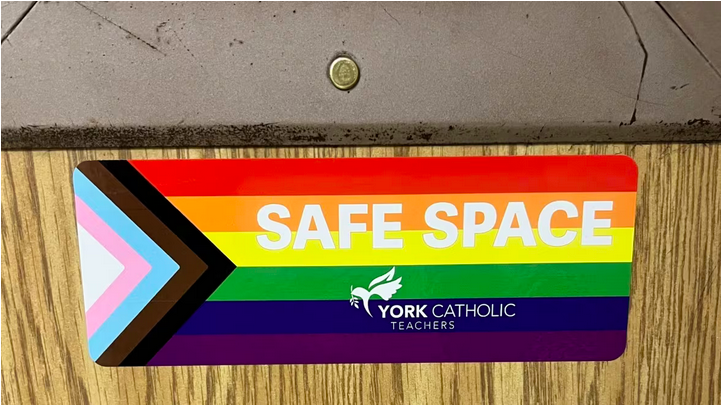
While parental rights have become a top issue for U.S. Republicans, a similar movement is growing in Canada.
House Republicans passed an education bill last month emphasizing parents' rights in the classroom, marking Congress's foray into an increasingly powerful U.S. movement that seeks to expand parent oversight of how gender and race are taught in public schools.
Though the bill is unlikely to pass in a Democrat-controlled Senate, parental rights has emerged as a top issue for Republicans ahead of the 2024 elections, with a tidal wave of legislation having been passed or introduced in two dozen states this year alone.
Critics say the innocuous-sounding term is being weaponized to usher in laws that target trans youth and their families, a strategy with a long history in the U.S. public education system.
The movement isn't confined to our neighbours down south.
"We think of it as a U.S. thing, but if you go back to the controversies about sex education during [2014 to 2018] in Ontario, it was very much framed as a problem with parental rights," said Gilbert, of York University.
Recent skirmishes at Canadian school boards "point to the ways … in which conservative parents see themselves as a political lobby and are using the platform of parental rights."
Several Canadian parental rights organizations have emerged in recent years. Action4Canada, a COVID-19 conspiracy group, did not respond to a request for comment. Blueprint For Canada, which opposes gender-inclusive sex education, declined a phone interview with CBC News.
Read the full article on the CBC web site.
